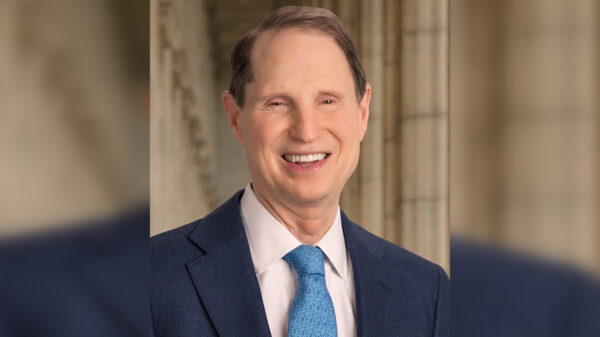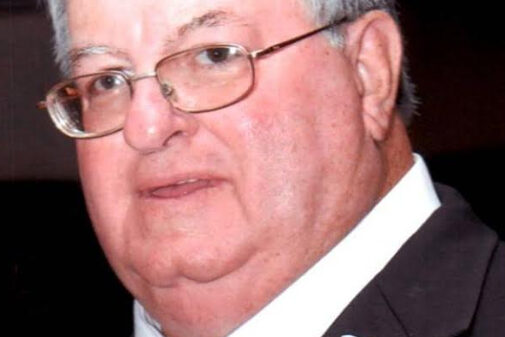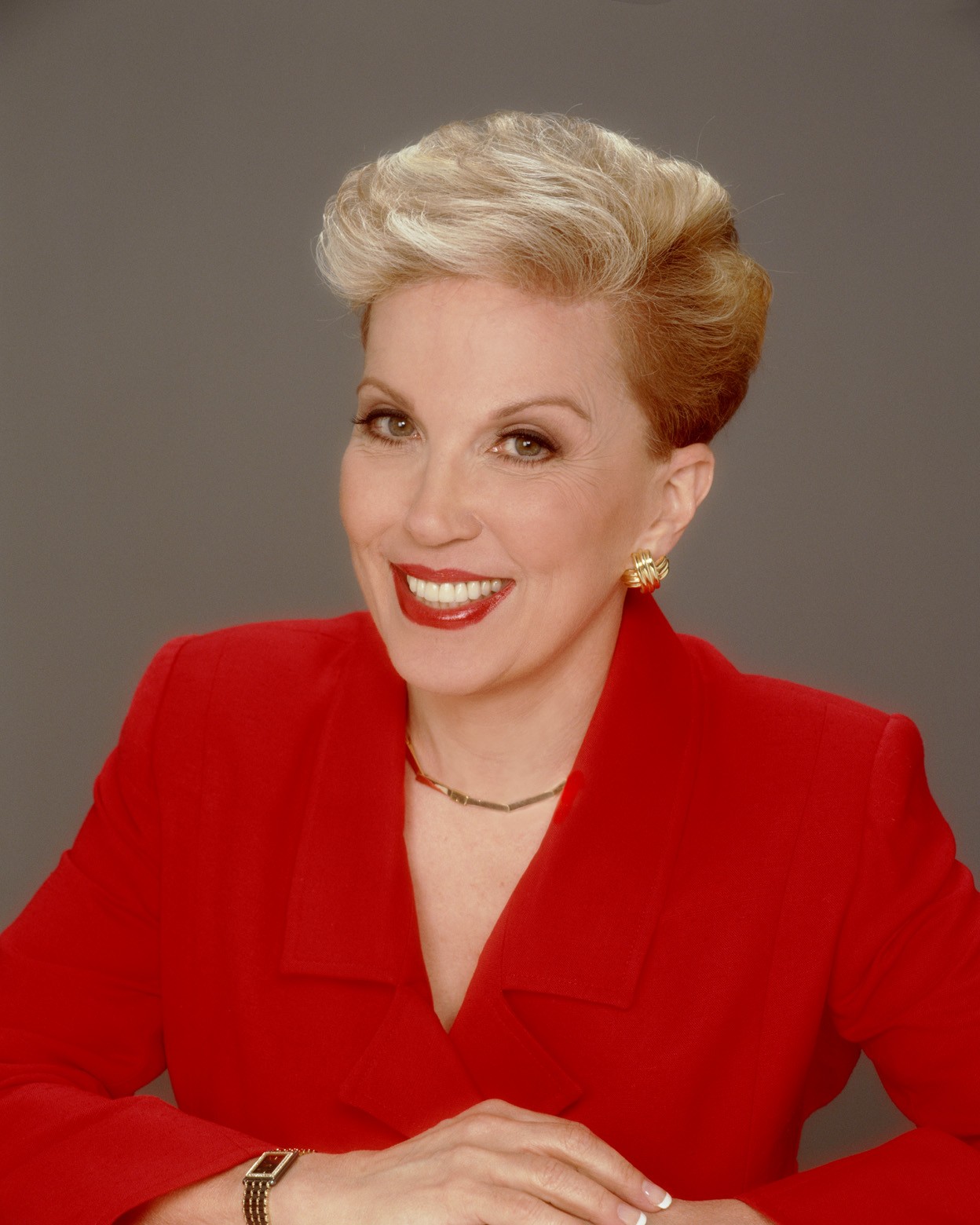A long-standing marriage is facing turmoil as a woman’s husband develops a close bond with a younger bartender. The couple, married for over 32 years, is experiencing significant strain following the husband’s retirement last year. The wife, who continues to work full-time, has expressed concerns about her husband’s growing friendship with a female bartender at a local bar.
According to the wife, who remains anonymous, her husband visits the bar approximately once a week, engaging with both staff and patrons. A particular bartender has taken an interest in him, which has raised red flags for the wife. She describes her husband as outgoing and flirtatious, and their relationship has taken a concerning turn as he invites the bartender to their home for drinks and maintains a social media connection with her. They even devised a plan for the bartender to visit while the wife was away, citing a desire to keep the visit secret to avoid upsetting her.
Trust Issues Arise Over Inappropriate Friendship
Upon discovering their secretive plans, the wife felt a profound sense of betrayal and is now grappling with trust issues. While she does not suspect a physical relationship, she questions what personal information may have been shared between her husband and the bartender. The wife’s feelings echo a common concern among couples navigating boundaries in friendships outside the marriage.
“What the bartender and your husband are doing is inappropriate,” advises Abigail Van Buren, known as Dear Abby, in a recent column.
Van Buren suggests exploring the bartender’s workplace policies regarding staff socializing with patrons, as well as considering marriage counseling to address the wife’s trust issues. She encourages the wife to discuss these concerns directly with her husband, emphasizing the importance of open communication in resolving marital conflicts.
Personal Trainer Sparks Emotional Connection
In a separate situation, another individual has expressed distress over a potential separation from her personal trainer. After working together for a year, the trainer has informed her he may receive a promotion in Chicago. The client, who remains unnamed, has developed a strong emotional bond with him and feels a deep connection.
The trainer has previously mentioned an attraction to her and often compliments her appearance, which has intensified her feelings. As the possibility of his departure looms, she is uncertain whether to express her feelings before it is too late. She fears that doing so may come across as clingy or inappropriate.
Van Buren encourages this client to assess the trainer’s intentions and consider expressing her feelings as a compliment. She suggests that if the trainer reciprocates her feelings, he might invite her to move or at least make time to see her outside of their training sessions. This advice highlights the complexities of relationships that can develop in professional settings.
Both situations underscore the delicate balance between personal connections and professional boundaries, particularly in friendships and relationships that unfold outside the traditional confines of marriage or professional engagement. As individuals navigate these challenges, open dialogue and self-reflection remain crucial to understanding and resolving emotional conflicts.
For additional insights and guidance, readers can contact Dear Abby at www.DearAbby.com or through traditional mail at P.O. Box 69440, Los Angeles, CA 90069.




































































